Expect a Return from ‘Your’ Nest Egg? So Does ‘She’
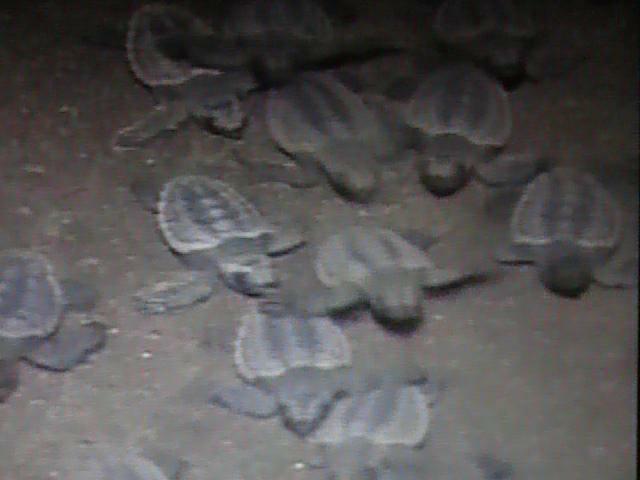
In the place from where I write this is a cottage directory. Under the tab “Sea Turtles” is a piece offered with this catchy title. From May through October sea turtles need dark beaches. During the summer months on Florida’s gulf coast, the beaches are used as nesting sites by these amazing and beautiful, but endangered, marine reptiles.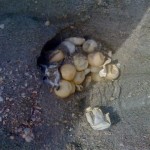
“The most common nesting sea turtle in the two counties [Sarasota and Manatee] is the loggerhead. Each summer there are approximately 3,000 nests laid by loggerheads, but the number is decreasing annually. There are also almost 3,000 non-nesting emergencies where the turtle comes onto the beach but does not nest due to threats, distractions or other causes.”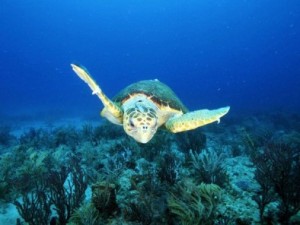
“Due to their large body size, speed, agility in the ocean, and hard shell, adult sea turtles have few natural enemies besides humans. However, the tiny hatchlings face many natural dangers. Nests can be flooded or eggs can be eaten by raccoons, foxes, ghost crabs, fire ants and birds. The greatest threats to both hatchling and adult turtles are caused by humans. Of these, the two most drastic threats are commercial fishing gear and artificial lighting…”
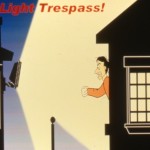 We can contribute to lesser light pollution—“skyglow” and “light trespass” are other terms for it—by carefully selecting fixtures and their placement in and around the new facility. Too, we can help sustain nature by cutting down on the light pollution coming from our homes; while simultaneously reducing demand for coal-fired electricity to power all-night outdoor landscape/up-tree lighting, for example.
We can contribute to lesser light pollution—“skyglow” and “light trespass” are other terms for it—by carefully selecting fixtures and their placement in and around the new facility. Too, we can help sustain nature by cutting down on the light pollution coming from our homes; while simultaneously reducing demand for coal-fired electricity to power all-night outdoor landscape/up-tree lighting, for example.
Ever seen one of those postcards from a place like Wyoming where the front is virtually black, serving as a reminder of lesser urbanization and the natural landscapes predominant there?
Make darker night sky—help sustain our natural environment and conserve energy. Turn off brighter night sky—heh, heh, “conspicuous consumption.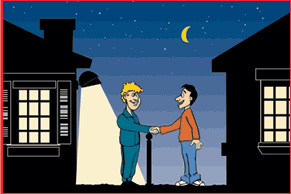
(For further information on light pollution, click on the highlighted link to a National Geographic article.)